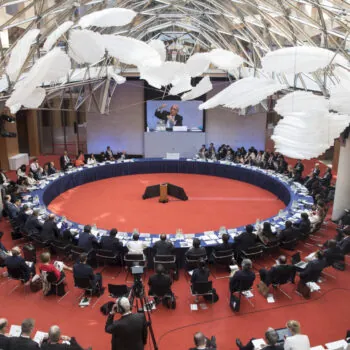The new Prime Minister’s most urgent task is to deal with the unprecedented rise in energy bills scheduled for October. Long-term energy security solutions like energy efficiency, new renewables, and the electrification of heating and industrial processes will be essential. But lowering bills quickly is the most critical concern.
Liz Truss is reportedly considering a large support package to effectively freeze prices. Whatever mechanism is chosen, this package will include the energy bill rebate announced in spring and is likely to involve suspending “green levies” – a pledge made several times during the recent Conservative party leadership election.
Environmental and social policy levies – costs for government energy policies that are recovered through consumer bills rather than the exchequer – come to £160 per year. 97% of these costs come from four policies: the Renewables Obligation (RO), Feed-in Tariffs (FiT), the Warm Home Discount (WHD), and the Energy Company Obligation (ECO). Although policy levies make up a very small proportion of overall bills – under 5% – there would be some value to bringing some of their costs into government spending. This briefing outlines how the government can remove levies from bills without damaging important fuel poverty programmes or investor confidence by:
- Switching Renewable Obligation Certificates to Fixed Price Certificates by the end of 2023 and taking the costs into the exchequer to cut policy costs in half.
- Covering Feed-in Tariff payments by paying suppliers directly and passing the savings on to consumers.
- Issuing a temporary rebate using the Energy Bills Support Scheme mechanism to cover the cost of the WHD and ECO this winter, and of the RO until 2023.
- Suspending plans in the Energy Security Bill for new levies on bills.
Taken together these measures would save households around £156 per year to 2024, and around £99 in subsequent years.


